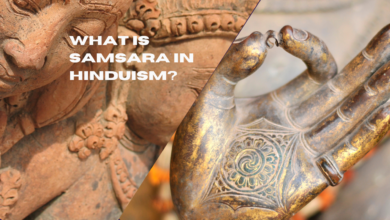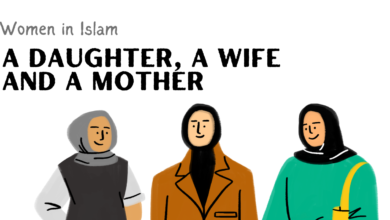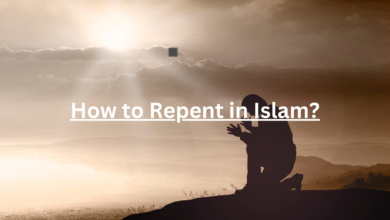Can a Woman Show Her Face in Islam?
Unveiling the Debate: Can a Woman Show Her Face in Islam?
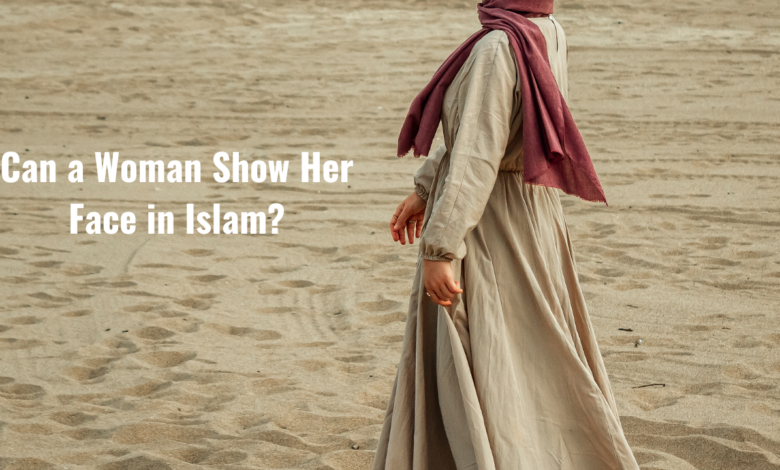
Can a Woman Show Her Face in Islam?
The requirement for Muslim women to cover their faces in Islam is a subject of debate and varies among different interpretations and cultural practices. Some believe it is obligatory, while others do not.
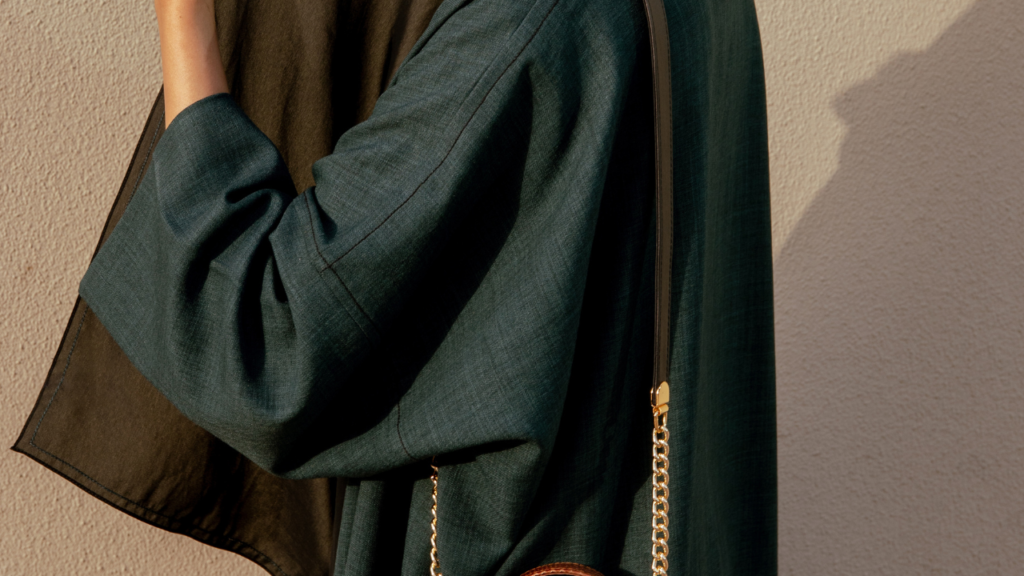
Introduction
The question of whether a woman can show her face in Islam is a topic that has generated significant debate and discussion both within and outside the Muslim community. The issue revolves around the concept of modesty, a fundamental principle in Islamic teachings. Modesty plays a central role in shaping the attire and behavior of Muslim men and women, including the covering of one’s body. However, the specific requirements and interpretations of modesty can vary across different cultures and schools of thought within Islam. This article aims to explore the diverse perspectives on whether a woman can show her face in Islam.
The Veil in Islamic Tradition
The concept of veiling, or “hijab,” in Islam is rooted in the Quran, which encourages both men and women to be modest in their attire and behavior. The Quranic verse most often cited in discussions about the veil is found in Surah An-Nur (24:31), which instructs Muslim women to “lower their gaze and guard their modesty and “not display their beauty except what is apparent.“
Interpretations of this verse have led to various understandings of what constitutes modesty in dress. Some Muslims believe that this verse implies covering the entire body, including the face and hands, while others argue that it only mandates covering the hair and body, allowing the face and hands to remain visible.
Also check.
- Who is the Wessiah in Islam?
- What is Wudu in Islam?
- What is Jihad in Islam?
- Why did Islam Spread So Quickly?
- What are the Holy Books of Islam?
Diverse Cultural Practices
Islamic practices regarding veiling can differ significantly based on cultural and regional factors. In some Muslim-majority countries, women may choose to wear a niqab or burqa, which covers the face entirely except for the eyes. In contrast, in other Muslim-majority nations or communities, women may only cover their hair with a headscarf (hijab), leaving their faces fully exposed.
These variations illustrate the range of interpretations and practices that exist within Islam regarding the covering of a woman’s face. It is essential to recognize that Islam is not a monolithic religion, and there is no single, universally accepted interpretation of Islamic dress code.
Different Schools of Thought
Within Islam, there are various schools of thought, each with its interpretations of Islamic teachings. Some schools, like the Hanbali and Salafi traditions, advocate for the complete covering of a woman’s face. In contrast, other schools, such as the Hanafi and Maliki traditions, permit the exposure of a woman’s face and hands.
It is crucial to emphasize that these differences are not matters of right or wrong but rather reflect the diverse perspectives that have developed over centuries within the Islamic scholarly tradition. Muslims may choose to follow the interpretation that aligns with their personal beliefs and cultural context.
Personal Choice and Agency
One of the most crucial aspects of the discussion regarding a woman’s face in Islam is the element of personal choice and agency. Many Muslim women argue that the decision to wear a veil, including whether to cover the face, should be a matter of personal conviction and not imposed upon them.
While some women may feel a deep religious obligation to cover their faces, others may interpret Islamic teachings differently and choose not to do so. It is essential to respect and support each woman’s right to make this personal choice based on her understanding of her faith.
Conclusion
The question of whether a woman can show her face in Islam is a complex and multifaceted issue, with diverse interpretations and practices across the Muslim world. The concept of modesty, as defined by Islamic teachings, plays a central role in guiding Muslim women’s attire and behavior. However, the specific requirements and interpretations of modesty can vary significantly.
Ultimately, the decision to cover one’s face or not should be a matter of personal choice and agency. It is crucial to respect the diverse perspectives within the Muslim community and recognize that there is no single, universally accepted approach to this issue. Emphasizing tolerance, respect, and understanding is essential in promoting a more inclusive and informed discourse surrounding the topic of women’s dress in Islam.

FAQs
Is it mandatory for Muslim women to cover their faces in Islam?
The requirement for Muslim women to cover their faces in Islam is a subject of debate and varies among different interpretations and cultural practices. Some believe it is obligatory, while others do not.
What does the Quran say about the veiling of women’s faces?
The Quran encourages modesty in dress and behavior but does not explicitly mandate the covering of a woman’s face. Interpretations of Quranic verses vary, leading to different practices within the Muslim community.
Are there different styles of face coverings for Muslim women?
Yes, there are various styles of face coverings, including the niqab, which covers the face except for the eyes, and the burqa, which covers the entire face. Some Muslim women wear only a headscarf, leaving their faces exposed.
Do all Muslim women follow the same dress code regarding their faces?
No, Muslim women’s dress code can vary significantly based on cultural, regional, and individual factors. There is no uniform dress code for all Muslim women.
Can Muslim women choose not to cover their faces?
Yes, Muslim women have the freedom to choose whether or not to cover their faces based on their personal beliefs and interpretations of Islamic teachings.
Are there different schools of thought within Islam regarding face covering?
Yes, different Islamic schools of thought have varying interpretations of the requirements for women’s dress, including face covering. Some schools advocate for full face covering, while others permit the exposure of the face and hands.
Is wearing a face veil a matter of personal choice for Muslim women?
Yes, many Muslim women argue that the decision to wear a face veil or not should be a matter of personal choice and agency. Respect for individual choices is essential in this matter.
Are there any legal requirements in Muslim-majority countries regarding face covering?
Legal requirements regarding face covering vary from country to country. Some Muslim-majority countries have laws that mandate or prohibit certain types of face coverings, while others leave it to individual choice.
